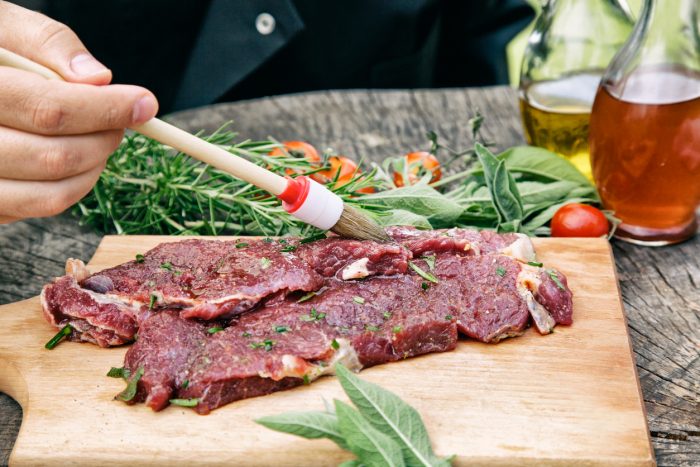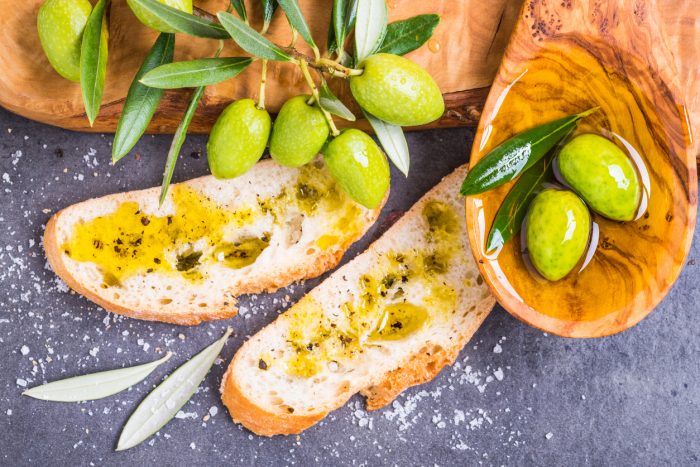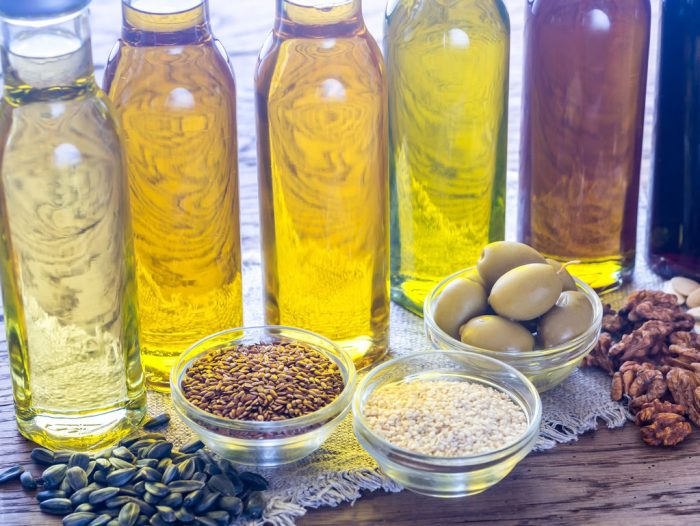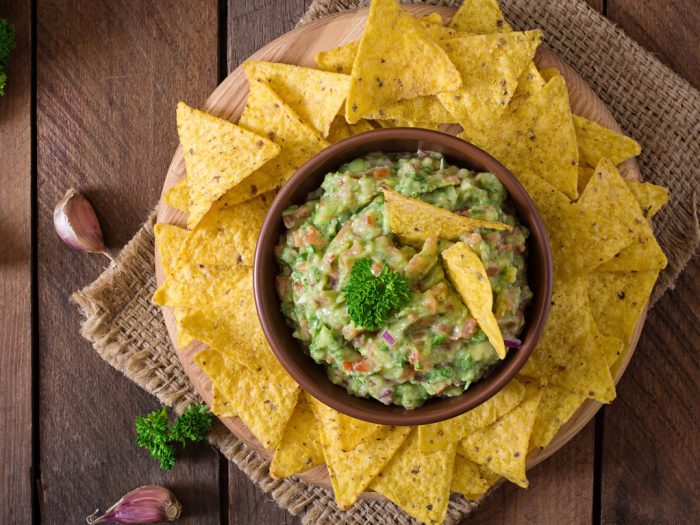These days, we have access to a wide variety of cooking oils, from more common types like olive oil and sunflower oil, to more exotic, like grapeseed oil and coconut oil. But, as with any ingredient in your kitchen, they’re not all appropriate for every dish your imagination or cookbook might conceive.
When it comes to cooking oils, part of the secret boils down to their smoke point – or the temperature at which they start burning. This means that there are some appropriate oils for frying, while others are excellent when it comes to using them for salad dressing.
If you are a bit lost in the supermarket aisle where the oils reside, then we have summarized the basics for you!
Cooking oils kept simple
What works for vinaigrettes? Light olive oil, extra virgin olive oil, vegetable oil, canola oil, grapeseed oil, avocado oil, sunflower seed oil, sesame oil, hemp seed oil and toasted seed and nut oils.
Cooking oils good for roasting: Light olive oil, peanut oil, corn oil, coconut oil, vegetable oil, canola oil, grapeseed oil, avocado oil, sunflower seed oil, and sesame oil.
Which oils should you saute with? Light olive oil, palm oil, peanut oil, corn oil, coconut oil, vegetable oil, canola oil, grapeseed oil, avocado oil, sunflower seed oil, and sesame oil.
What to fry with? Peanut oil, palm oil, corn oil, vegetable oil, canola oil, grapeseed oil, and avocado oil.
What to make a marinade with? Light olive oil, extra virgin olive oil, peanut oil, vegetable oil, canola oil, grapeseed oil, avocado oil, and sunflower seed oil.

What’s the difference between olive oils?
When we need oil in the kitchen, we tend to go for olive oil, be it extra virgin or light. And of course we do, because olive oil is healthy, it’s great on salads, or in fish and pasta dishes. It’s loaded with antioxidants, the good kind of fats, and it helps regulate blood pressure, keep your spirits up and make your bones stronger.
Feeling a little bit confused by the different types of olive oil?
Light or pure/regular olive oil has a way higher smoke point than extra virgin olive oil, because of the different processes they go through during production. Light olive oil is treated with chemical solvents to neutralize the flavor; it has a lighter taste and color. So it can be used for cooking over high heat.
Meanwhile, extra virgin olive oil has a more robust flavor, one that depends on the type of olives used in making it. It has a lower smoke point, which means it’s not great for cooking, but it’s way better for vinaigrettes or for finishing a dish. For example, Greeks like to use extra virgin olive oil, combined with yogurt or even without, as a dipping sauce for bread. Or you could use it to finish dishes, by adding a bit of it on top of salads, for instance, to add more flavor.

Other cooking oils and what they do best
Peanut oil is terrific for frying, especially for Asian cuisine recipes. You should buy small quantities though, and make a lot of stir-fries so you can use it up in a few months because it can go rancid pretty quickly.
Corn oil is a cheaper kind of oil mostly used in commercial kitchens. You can use it to make amazing French fries!
Palm oil is semi-solid at room temperature, but it’s also an excellent oil for frying whatever you want. Lately, it substitutes fats in commercial baking.
Coconut oil is solid when kept at room temperature, and it has many beauty uses you can apply yourself. So it’s good for your skin, but not for vinaigrettes. You can use it for moderate-heat roasting.
Vegetable oil is a blend of many different refined oils. It has a neutral taste and smell, and you can use it for sauteing and frying.
Canola oil is similar to vegetable oil, and it works well in salad dressings. Its expiration date is about a year after you buy it. You also need to store it in a cool place.
Grapeseed oil is mostly used for vinaigrettes because its flavor doesn’t overpower the herbs you might pair it with.
Avocado oil is abundant in the good kind of fat, and it also has one of the highest smoke points out of all the oils. You can use it for almost anything. Just make sure you store it in a dark and cool storage place.
Hemp seed oil should not be heated. Instead, try using it as a finishing oil, in soups or grain bowls. This is one of the few oils you should keep in the fridge.






